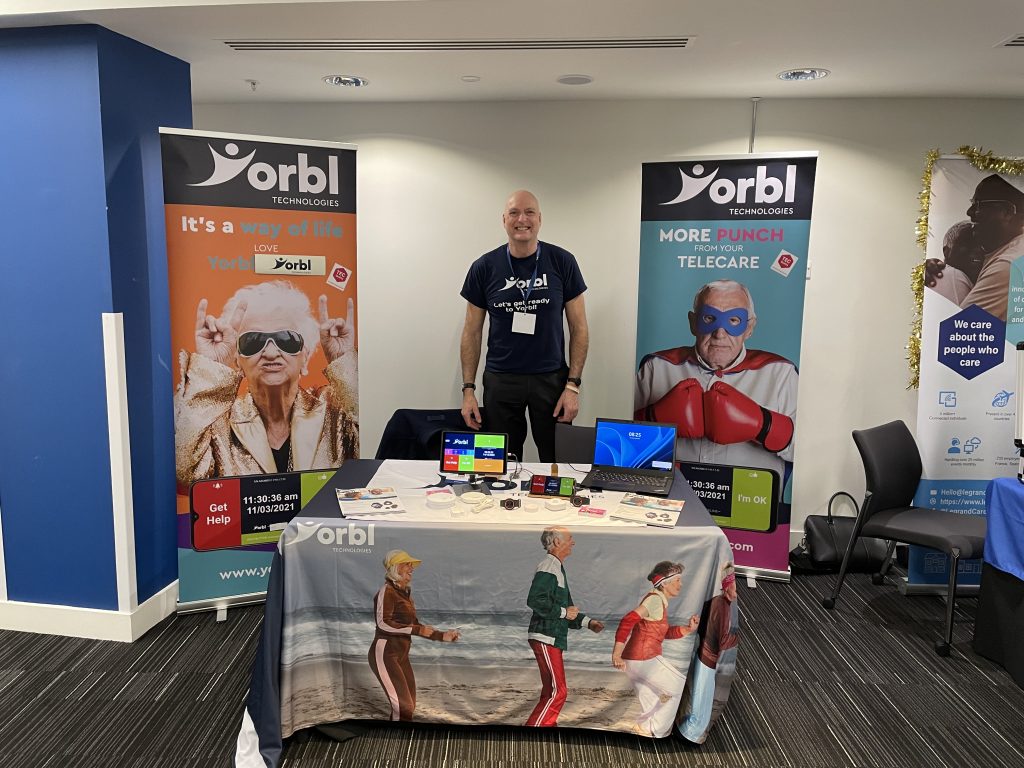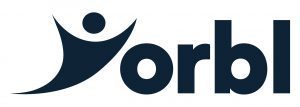‘The Meaning of the 21st Century. A Vital Blueprint for ensuring our future’ was published in 2006 authored by James Martin, it is a rich tapestry of a book, challenge No17 carries weight with the TECs (Technology Enabled Care) sector…It is the development skill vs wisdom space. The speed at which science and technology developments accelerate is incredible, and we humans are brilliant at delivering advancements in technology, devices, gadgets, and things designed to bolster commercial margins, but we are not always so wise in learning how to cope with the changes these tools can present to us as individuals or indeed across society.
The NHS (National Health Service) has a current spend requirement of c£11.6bn to return much of its built environment and equipment to a suitable condition (extract, and recognition to Charlotte Wickens – https://www.kingsfund.org.uk/about-us/whos-who/charlotte-wickens)
The reported degradation of infrastructure upon the delivery of healthcare services is often significant for patients who are being moved into other spaces for treatment, hospitals are having to move inpatient services, sometimes to other hospitals, whilst at least one location has more steel upright reinforcements to prevent the collapse of an end-of-life concrete derivative, than it has beds on the wards.
The impact of this destabilisation upon both collective and individual NHS team members must be significant as they try to perform their roles in buildings originally constructed as Victorian workhouses.
So how can we, as ‘TECs’ providers help to alleviate these challenges?
We’re tempted towards reflection upon the BBC Panorama programme ‘Care Workers Under Pressure’ which aired on Tuesday Dec 18th but, akin to the report of financial requirements for the crumbling infrastructure of the NHS in the 21st Century, it too was heartbreaking, which we recognise for a New Year outlook message is, not where we should be.

During the last few days of December Yorbl attended Digifest 2023 at Strathclyde University, one of the presenters Martin Reidvall of Skyresponse touched briefly on the differences between the adoption of Digital service delivery in the Nordics in particular comparing Sweden and Norway. The transition in Sweden, was a factual requirement of infrastructure change. Norway however took a more in-depth view of the detail, its possibilities and the opportunities presented as result of the required transition, and at macro level.
Shared learning across stakeholder groups was encouraged, building wisdom for all. This foot on the ball approach has facilitated many benefits across the system. Ensuring inclusivity, understanding, & deep learning relating to the application & outcomes of digital technology has propelled Norway into a regional, if not World leading position ahead of its neighbour.
Yorbl is a small, artisan provider of digital technologies with solutions designed to support people living in a multitude of domestic locations & environments, speaking several different first languages with a host of diverse care needs. However, our target audience all have one major thing in common, they, like us are people.
Yorbl’s aim is to help those we serve to live the life they seek in the homely setting of their choice, and for as long as it is practicably possible for them to do so.
If through our vision and understanding we can support the avoidance of admission to hospital and care provider locations, helping those organisations to enhance their infrastructure, whilst reinforcing their services and to assist them to Care effectively for the people in their employment whose role is to deliver care for others, well then, we are making a positive difference for many!
The late American author John Naisbitt said ‘The most exciting breakthroughs of the 21st Century will not occur because of technology, but because of an expanding concept of what it means to be human’
We believe that is where much wisdom sits, so let us jointly work in 2024 to collaborate, build wisdom, share learning, most importantly do the right work, to understand individual personalised outcomes, delivering the results for the benefit of each stakeholder group. It is our collective duty of care.
From each of us at Yorbl to You and all those you love and care for, a Happy Healthy 2024.

